What is a Psychoeducational Assessment?
A Psychoeducational Assessment provides information regarding an individual’s learning strengths and needs and evaluates for a potential learning disability.
Psychoeducational assessments evaluate functioning in a number of important areas related to learning, including:
- Intelligence (IQ)
- Academic Skills (reading, written expression and mathematics)
- Attention/Executive Functions (i.e., planning, organizing, time management)
- Behavioural strengths and challenges
- Mental Health (i.e., worry/mood)
- Memory
When is a Psychoeducational Assessment Recommended?
- Are you (or your child) struggling to meet learning objectives in the classroom?
- Is your child falling behind in their academic work or lacking confidence as a learner?
- Has a teacher identified specific learning challenges, or recommended an assessment?
- Do you (or your child) struggle to retain information during instruction, lectures or work meetings?
- Are you a mature student requiring an updated assessment for post-secondary accommodations?
- Are learning challenges affecting your performance in the workplace?
When an individual is struggling in an aspect of their learning, a psychoeducational assessment can help to understand why and more importantly, how to help.
Psychoeducational Assessments are available for school aged children, adolescents and adults.
What Steps are Involved in a Psychoeducational Assessment?
Initial Intake Interview
At this appointment, we discuss your concerns and clarify your assessment needs. An assessment plan is developed that is suited to your referral question(s) and goals.
Next Steps Include:
- File Review (review of academic records and any previous assessment reports)
- Completion of forms and rating scales
- Administration of standardized tests
- Scoring and Interpretation of tests
- Completion of a comprehensive Assessment Report
- Feedback Meeting to communicate assessment results and discuss next steps for intervention.
Communicating Assessment Results
Once the assessment is complete, we will meet for a Feedback Session.
At this appointment, we will review the assessment findings together. You will be provided with a copy of the assessment report at this appointment, including recommendations and resources, based on the assessment outcome.
The goal of this session is for individuals to ask questions and leave with a clear plan, including strategies to overcome any identified challenges.
Strength-Based Approach
My strength based approach to assessment is grounded in the belief that personal growth and positive change come through learning. I work extensively with youth, parents, adults and families to:
- Understand the assessment outcome
- Develop a clear intervention plan
- Connect with appropriate resources
Frequently Asked Questions
How long does the assessment process take?
Psychoeducational Assessments require approximately 10-13 hours of billable time and are generally completed over 4-5 weeks.
(When possible, assessments can be completed over a shorter timeframe, to accommodate application deadlines, etc. Please discuss this with your psychologist when scheduling your initial appointment)
What are the Assessment Costs?
Assessment hours are billed at an hourly rate of 220.00 (in alignment with the PAA fee schedule).
Coverage Information
If you have extended health care coverage, a substantial portion of the fees may be covered.
I am a registered Alberta Blue Cross and Blue Cross Medavie service provider and offer direct billing to these insurance providers.
What Happens After the Assessment?
The Feedback Meeting is the final step in the assessment process, but it is just the beginning of next steps.
At the conclusion of the assessment, individuals are provided with comprehensive recommendations, strategies and resources to help navigate next steps.
Follow-up sessions are available if questions arise as individuals move forward with their intervention plan.
What is a Learning Disability (LD)?
Learning disabilities affect the acquisition and application of academic skills, in learners who otherwise demonstrate thinking, reasoning and problem-solving skills that are appropriate for their age (Learning Disability Association of Canada).
Learning disabilities can affect various areas of learning and academic achievement, including:
- Reading
- Word reading
- Decoding
- Reading Comprehension
- Reading Fluency
- Writing
- Spelling
- Printing skills, applying written conventions (capital letters, punctuation)
- Planning and organizing ideas in writing (clarity and organization)
- Math
- Basic calculation skills
- Calculation fluency
- Math reasoning and problem solving
How do I Schedule an Assessment?
Contact Inspire Psychological Services to speak directly with a psychologist to clarify your assessment needs and schedule an initial appointment.
15 minute phone consultations are available, to help determine if an assessment is right for you.

